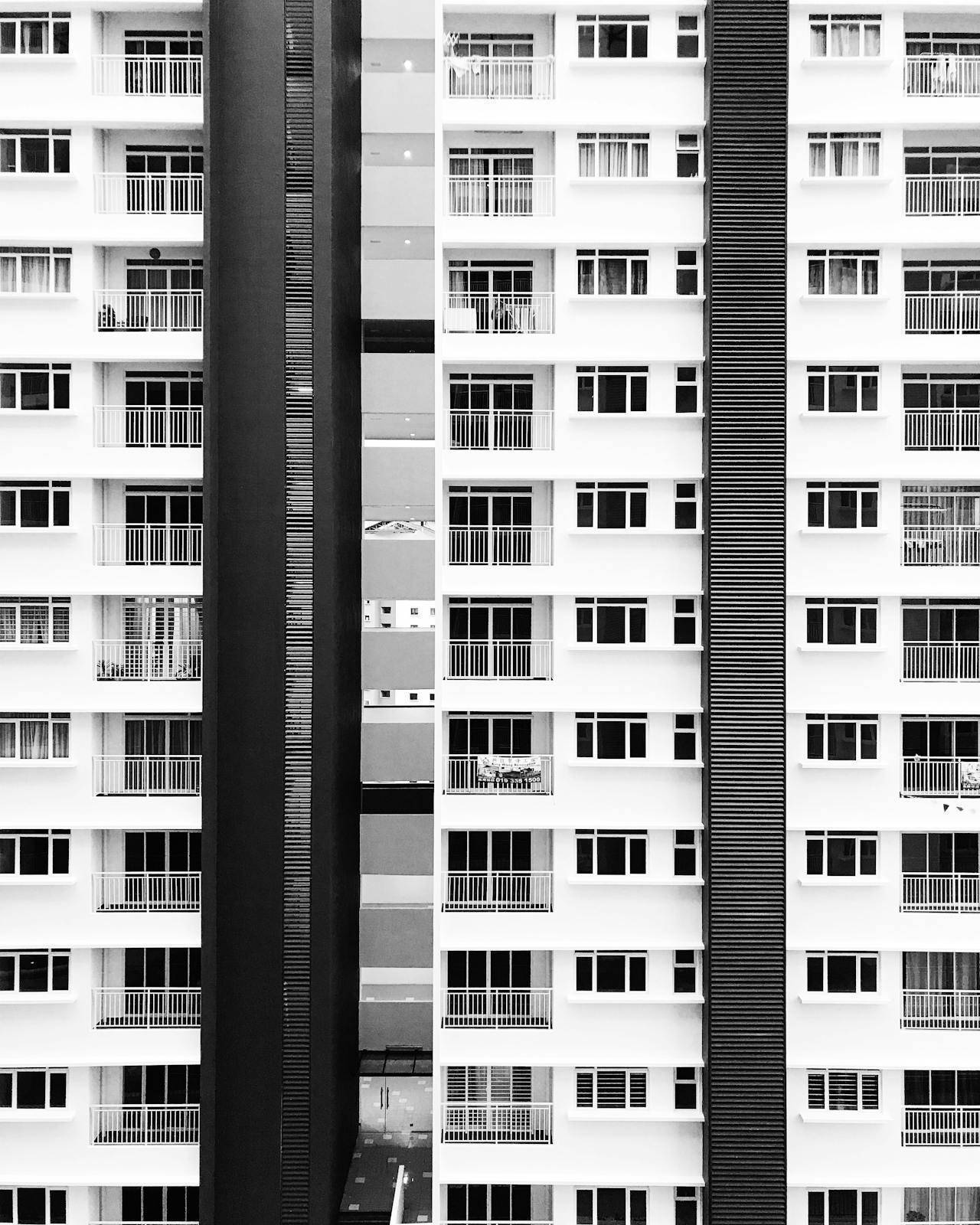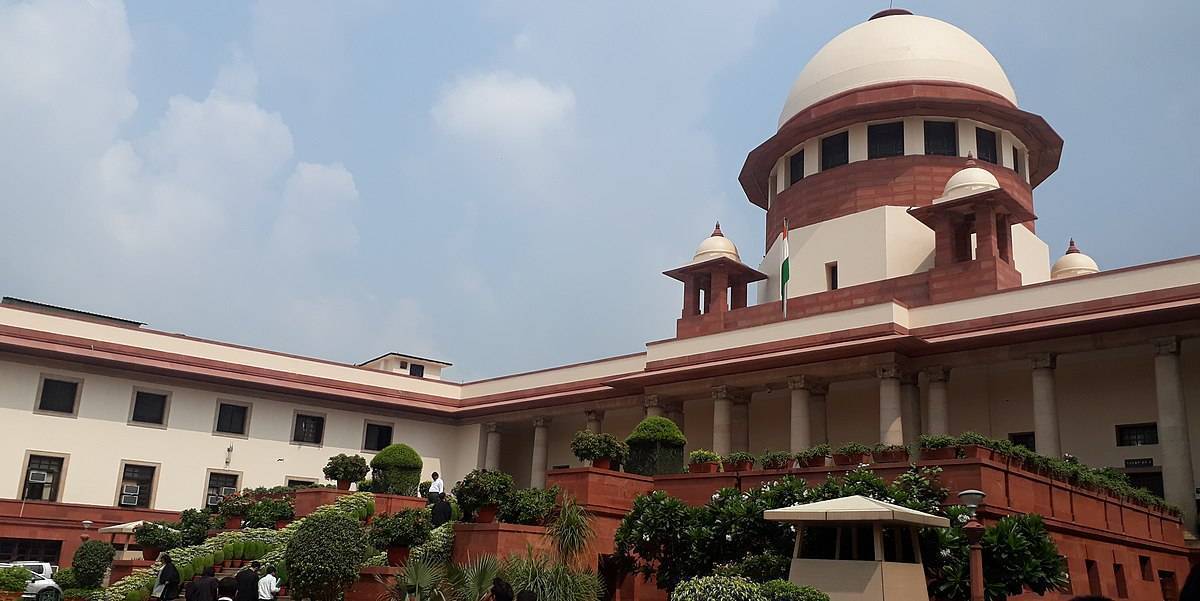In a decisive move to tackle the ongoing issue of unauthorized constructions, the Bruhat Bengaluru Mahanagara Palike (BBMP) has introduced a strict policy requiring builders and property owners to submit completion certificates (CCs) before transferring ownership of flats or properties to buyers. This new rule aims to ensure all properties being sold comply with official approvals and building regulations.
Background and Purpose
The BBMP’s latest directive follows years of challenges linked to illegal constructions that have bypassed mandated permissions. These unauthorized buildings not only compromise urban planning standards but also cause significant financial losses to the municipal corporation and buyers alike. Despite identifying thousands of such unauthorized structures, the BBMP has so far not taken widespread demolition actions.
To curb this trend, the BBMP has mandated that both the completion certificate and occupancy certificate (OC) must be submitted before granting layout approvals and before any flat or property transfer can take place. This step ensures that only legally compliant buildings proceed to sale and registration stages.
Enforcement Mechanism
City planners and sub-divisional engineers have been assigned the responsibility to conduct regular inspections every two months. These inspections verify adherence to approved building plans and identify any deviations or violations. Any infractions detected are reported up the administrative chain for appropriate action.
In line with a Supreme Court ruling, constructions that diverge from approved layouts will be subject to penalties. These penalties include the immediate disconnection of essential services such as water and electricity to unauthorized buildings, effectively discouraging illegal developments.
Role of Utility Providers
The BBMP has directed the Bangalore Electricity Supply Company (BESCOM) and the Bangalore Water Supply and Sewerage Board (BWSSB) to strictly enforce service disconnections for illegal constructions. Both temporary and permanent water and electricity connections will be terminated upon confirmation of unauthorized building status.
This coordinated approach between the BBMP and utility agencies is expected to create a significant deterrent against further illegal constructions and encourage compliance with building norms.
Accountability of Officials
Officials who fail to act against unauthorized constructions face consequences under Section 252 of the BBMP Act, 2020, and the Karnataka Civil Service (Conduct) Rules. This provision holds government officers accountable for neglecting their duties in preventing illegal building activity.
The BBMP’s renewed focus on stringent monitoring and enforcement represents an attempt to improve urban governance and safeguard public interest in Bangalore’s real estate market.
Expected Impact on Stakeholders
For buyers, this policy provides greater assurance that flats and properties they purchase have passed through necessary legal and safety clearances. It mitigates risks related to future disputes or penalties stemming from illegal building status.
For developers, the rule underscores the need to strictly adhere to approved plans and regulatory processes. Those unable or unwilling to comply risk facing legal challenges, financial penalties, and service cut-offs, affecting project viability and reputation.
The BBMP’s move to require submission of completion certificates before property transfer reflects growing concerns over unauthorized construction in Bangalore. The combination of regular inspections, penalties, and service disconnections aims to create a more transparent and regulated property market.
By holding builders accountable and empowering municipal and utility agencies to act decisively, the BBMP seeks to protect citizens, improve city infrastructure, and ensure sustainable urban development. Ongoing vigilance and enforcement will be key to realizing these objectives and curbing illegal building practices.









.png)